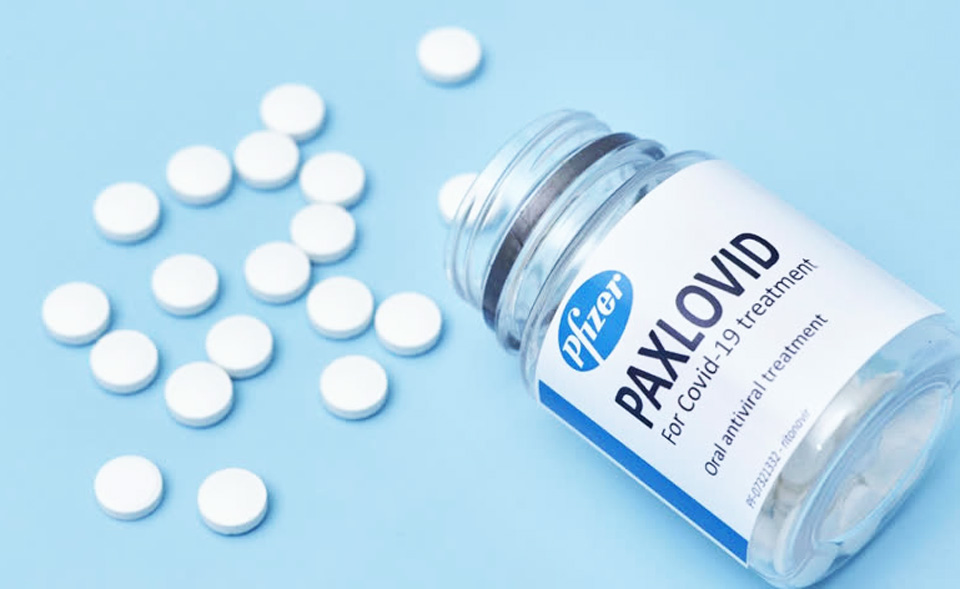
After the announcement of 95 countries authorized by Pfizer to produce the company’s Paxlovid COVID-19 pills, the Ministry of Public Health has acknowledged Thailand is not among the countries getting this benefit, while stressing it will continue to procure the antiviral pill via Pfizer Thailand, along with other COVID-19 treatments from other drug makers.
The Department of Medical Services Director General Dr. Somsak Akksilp said the U.S.-based drug maker on Wednesday (Nov 17) announced it would allow generic manufacturers to supply the company’s experimental COVID-19 drug to 95 low- and middle-income countries, through a licensing agreement with the Medicines Patent Pool. Thailand was however not included.
With this agreement, the MPP can allow qualified generic drug manufacturers to produce their own versions of Pfizer’s Paxlovid, without having to pay royalties, making the drug available at a cheaper price.
While Thailand is not among the countries receiving this benefit, Dr. Somsak said this does not mean the country does not have quick access to the drug, as Thailand has already been in talks with Pfizer to procure Paxlovid pills.
Dr. Somsak said the direct contact with Pfizer could mean speedier access to this antiviral, instead of waiting for local manufacturing plants to gain their technological know-how and start the production.
He said Thailand is still trying to negotiate with Pfizer to receive the recipe for Pfizer’s COVID-19 pill, however, this talk must proceed at the national level.
On the procurement of Merck’s Molnupiravir drug, the first antiviral approved for COVID-19 treatment, Dr. Somsak said the Department of Medical Services has already submitted the contract draft to the Comptroller General’s Department for review, with the actual contract expected to be inked next week at the latest.
On the matter of drug licensing, the Deputy Prime Minister and Minister of Public Health Anutin Charnvirakul said the decision to grant a special license for manufacturing lies solely with the drugmaker, which is not within the power of Thailand.
He reassured that the Ministry of Public Health has already made procurement plans for the medicines and equipment to continue the pandemic response, including advance purchase plans for vaccines and drugs for next year.
Mr. Anutin said Thailand’s current treatment protocol involving the anti-influenza Favipiravir drug for COVID-19 cases remains effective, adding that the plan to procure both Molnupiravir and Paxlovid will help strengthen the treatment system and provide options for cases where these new drugs would be more suitable.
He also added the drug Paxlovid will need to be approved by the U.S. Food and Drug Administration first, then by the Thai drug regulator, before any delivery of this drug can be made. (NNT)
 |
 |
 |





